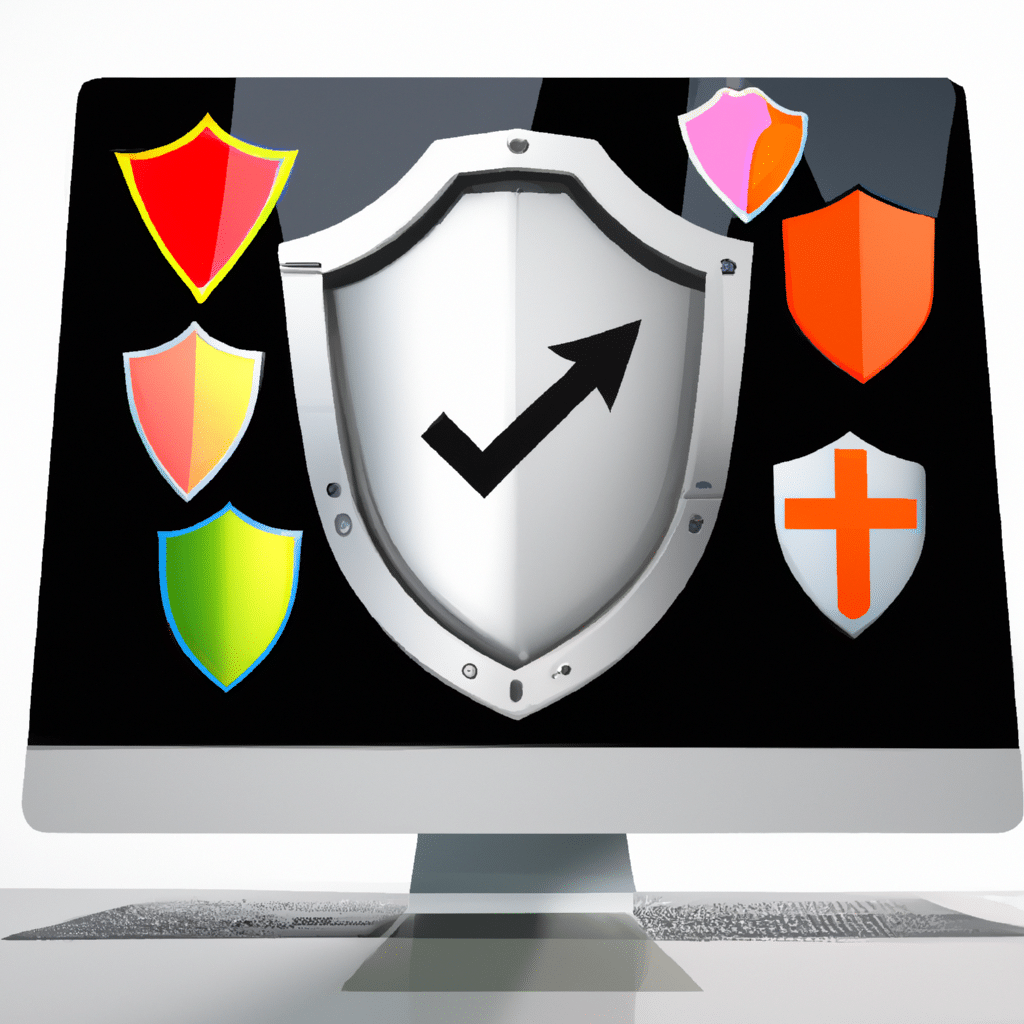How to Protect Your Computer from Malware and Viruses
In today’s digital age, protecting your computer from malware and viruses is one of the most critical steps you can take to ensure your privacy and security. Malware and viruses are malicious software programs that can cause damage to your computer, steal your personal information, and compromise your online security. In this article, we will discuss the best ways to protect your computer from malware and viruses.

What is Malware and Viruses?
Malware and viruses are malicious software programs that are designed to infiltrate and damage your computer system. Malware can include various types of software, such as viruses, spyware, adware, and more. These programs can be disguised as legitimate software, and once they infect your computer, they can cause significant damage.
Viruses, on the other hand, are software programs that can replicate themselves and spread to other computers through email, downloads, or file sharing. They can cause significant damage to your computer, such as erasing files, stealing personal information, and disrupting your computer’s performance.
Keep Your Software Up to Date
One of the easiest and most effective ways to protect your computer from malware and viruses is to keep your software up to date. Most software updates include security patches that fix vulnerabilities and bugs that can be exploited by malware and viruses. Therefore, it is crucial to keep your operating system, web browser, and other software up to date with the latest security patches.
Install Antivirus Software
Another essential step in protecting your computer from malware and viruses is to install antivirus software. Antivirus software can detect and remove malware and viruses from your computer. It can also prevent potentially harmful software from being installed on your computer.
When selecting antivirus software, make sure to choose one that is reputable and has a good track record. It should also be updated regularly to keep up with the latest threats.
Use a Firewall
A firewall is a security program that monitors and controls incoming and outgoing traffic on your computer. It can prevent unauthorized access to your computer and block potentially harmful software from entering your system. Therefore, it is crucial to use a firewall to protect your computer from malware and viruses.
Most operating systems come with a built-in firewall that can be activated in the settings. However, if you require more advanced protection, you can also install a third-party firewall program.
Be Cautious When Downloading and Opening Files
One of the most common ways that malware and viruses infect computers is through downloading and opening files. Therefore, it is crucial to be cautious when downloading and opening files, especially from unknown sources.
Always scan downloaded files with your antivirus software before opening them. Do not open email attachments from unknown senders, and avoid downloading files from untrusted websites.
Use Strong Passwords
Another critical step in protecting your computer from malware and viruses is to use strong passwords. Weak passwords can be easily guessed or hacked, allowing unauthorized access to your computer and personal information.
Make sure to use a combination of uppercase and lowercase letters, numbers, and special characters in your password. Also, avoid using the same password for multiple accounts.
Conclusion
Protecting your computer from malware and viruses is essential in today’s digital age. By keeping your software up to date, installing antivirus software, using a firewall, being cautious when downloading and opening files, and using strong passwords, you can ensure your computer’s privacy and security. Remember, prevention is always better than cure, so take the necessary steps to protect your computer today.












